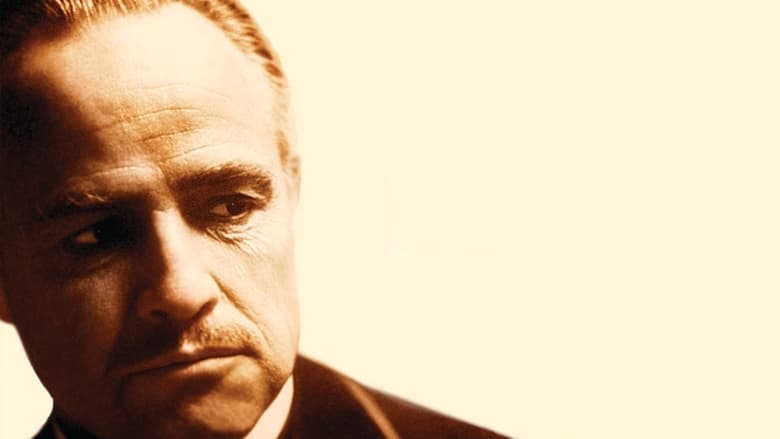Essential movies of the 1970s
The 1970s were a pivotal decade for filmmaking, producing some of cinema's most enduring classics. This list explores essential films that captured the spirit and complexity of the era.


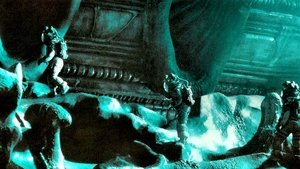
The 1970s marked a significant shift in Hollywood, often referred to as the era of "New Hollywood" or the "American New Wave." This period saw the rise of a generation of young, film school-educated directors who challenged traditional studio conventions and brought a more auteur-driven approach to filmmaking.
Films from this decade often reflected the social and political turbulence of the time, tackling mature themes with a newfound realism and complexity. From the gritty urban landscapes of Taxi Driver and The French Connection to the sweeping epics like The Godfather and Apocalypse Now, cinema became bolder and more introspective.
The 70s also redefined genres, giving us the modern blockbuster with Jaws and Star Wars, which forever changed the industry. Simultaneously, psychological horror reached new depths with The Exorcist, and thought-provoking dramas like One Flew Over the Cuckoo's Nest and Chinatown earned critical acclaim and shaped cinematic storytelling for decades to come. It was a time of incredible creativity and risk-taking, resulting in a diverse and influential body of work that continues to resonate today.
14. Saturday Night Fever (1977)
Saturday Night Fever isn't just a disco movie; it's a gritty look at working-class youth in 1970s Brooklyn, propelled by John Travolta's star-making performance as Tony Manero. While the Bee Gees soundtrack is undeniably iconic and fueled the disco craze, the film itself tackles serious themes like social mobility, family expectations, and the search for identity. Travolta immersed himself in the role, spending time in discos and observing the local scene. The film's cultural impact was enormous, popularizing disco music, fashion, and dance worldwide, even as the story itself offered a more nuanced, sometimes dark, portrayal of its era.

13. Rocky (1976)
Sylvester Stallone's underdog story, Rocky, captured the hearts of audiences worldwide and became a cultural phenomenon. Written by Stallone himself, who insisted on starring in it despite studio pressure, the film follows Rocky Balboa, a small-time club fighter from Philadelphia given a miraculous shot at the heavyweight championship. Made on a relatively small budget, its immense success was unexpected, and it won the Academy Award for Best Picture, beating out films like 'Taxi Driver' and 'All the President's Men.' The training montages and stirring score by Bill Conti are now legendary, embodying the spirit of perseverance.

12. The French Connection (1971)
William Friedkin's gritty, realistic police thriller The French Connection is a landmark in cinema history, famous for its raw style and one of the greatest car chases ever filmed. Gene Hackman won an Oscar for his portrayal of Popeye Doyle, a tough, unconventional New York City detective tracking a massive heroin smuggling operation. The film's documentary-like feel was intentional, with Friedkin using real locations and a handheld camera style. The iconic chase scene, where Popeye pursues an elevated train, was filmed illegally on actual city streets without permits for several blocks, adding to its chaotic realism.

11. The Exorcist (1973)
William Friedkin's The Exorcist remains one of the most terrifying horror films ever made, pushing boundaries with its visceral depiction of demonic possession. Based on William Peter Blatty's novel, it tells the story of a young girl, Regan (Linda Blair), who becomes possessed by a malevolent entity, and the two priests who attempt to save her soul. The film was notorious for the extreme reactions it provoked in audiences upon release, including fainting and vomiting. The intense and sometimes dangerous filming conditions, including using real cold sets to show the actors' breath, contributed to the film's raw, chilling authenticity. It's a truly unsettling experience.
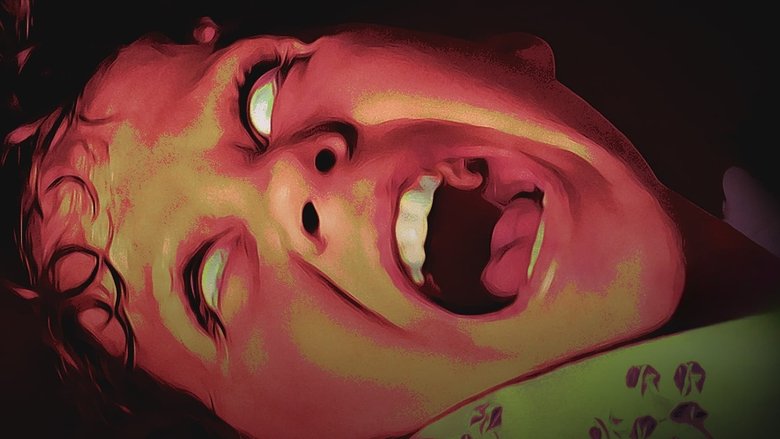
10. A Clockwork Orange (1971)
Stanley Kubrick's controversial and visually striking A Clockwork Orange is a dystopian satire exploring free will, state control, and the nature of good and evil. Malcolm McDowell stars as Alex, the charismatic but ultra-violent leader of a gang of 'droogs' in a future Britain. After being caught, he undergoes a controversial psychological treatment to cure his violent tendencies. The film's stylized production design, unsettling score (synthesized classical music), and challenging themes sparked significant debate upon its release. Kubrick famously withdrew the film from distribution in the UK after receiving threats, and it wasn't widely seen there again until after his death.
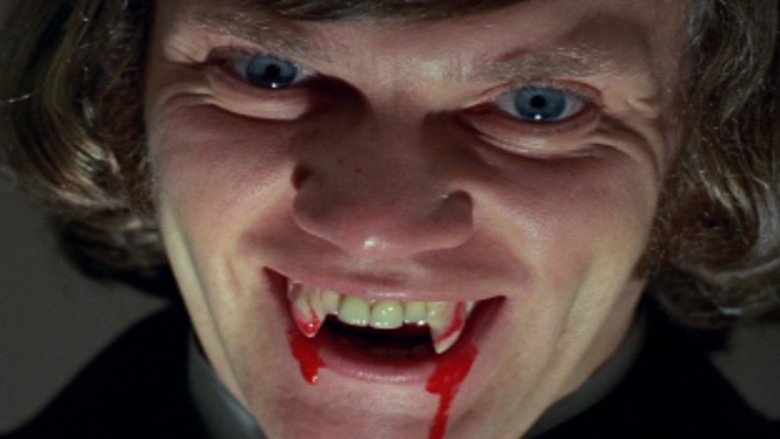
9. Annie Hall (1977)
Woody Allen's Oscar-winning Annie Hall broke conventions with its non-linear narrative, fourth-wall breaks, and blend of comedy and introspective drama. It's a charming, witty, and surprisingly poignant look at relationships, focusing on the on-again, off-again romance between comedian Alvy Singer (Allen) and the quirky Annie Hall (Diane Keaton). Keaton's unique, influential fashion sense in the film was largely her own, curated from thrift stores, and wasn't initially what the costume designer intended. The film feels incredibly natural and conversational, capturing the awkwardness and humor of modern romance in a way that still feels fresh today.
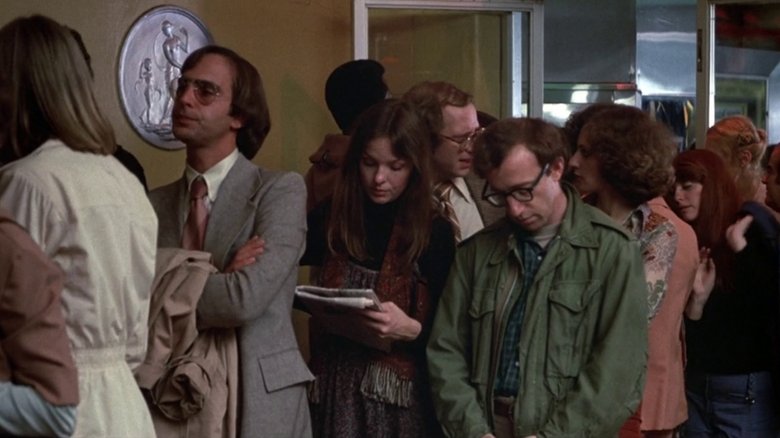
8. Chinatown (1974)
Roman Polanski's neo-noir masterpiece, Chinatown, is a complex, atmospheric detective story set in 1930s Los Angeles, exploring themes of corruption, power, and incest. Jack Nicholson is superb as private investigator J.J. Gittes, who takes on a seemingly simple case of infidelity that unravels into a vast conspiracy involving water rights and the city's future. Robert Towne's Oscar-winning screenplay is considered one of the best ever written, filled with sharp dialogue and intricate plotting. The film's iconic ending was controversial with the studio but Polanski insisted on it, creating a truly bleak and unforgettable conclusion that cements its status as a classic noir.
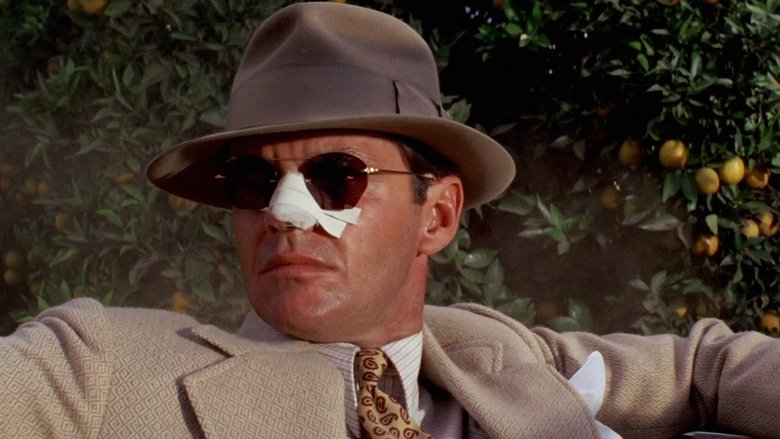
7. Taxi Driver (1976)
Martin Scorsese's gritty, unsettling portrait of urban decay and alienation, Taxi Driver, features Robert De Niro in a career-defining role as Travis Bickle, a lonely, insomniac Vietnam veteran working as a taxi driver in New York City. The film's raw, voyeuristic style and Bernard Herrmann's haunting score perfectly capture Bickle's descent into psychological instability and his growing disgust with the city's perceived filth. Jodie Foster was only 12 years old when she was cast as Iris, a child prostitute, a role that required her to be legally emancipated for filming certain scenes. It's a dark, compelling character study that remains deeply impactful.
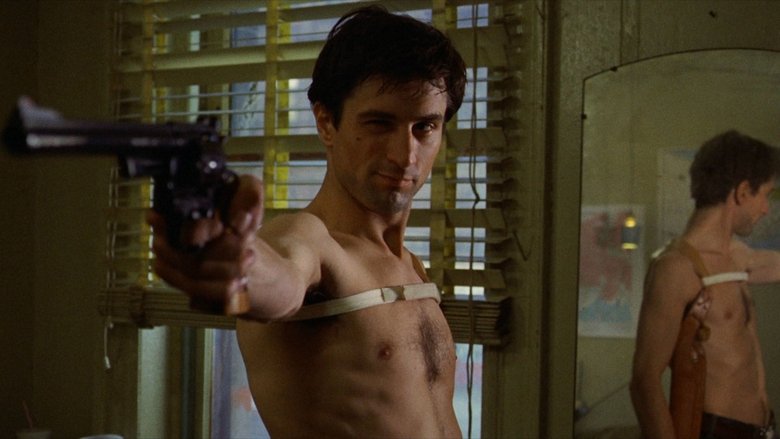
6. One Flew Over the Cuckoo's Nest (1975)
Milos Forman's adaptation of Ken Kesey's novel, One Flew Over the Cuckoo's Nest, is a powerful and moving story about rebellion against conformity and institutional control. Jack Nicholson delivers an electrifying performance as Randle McMurphy, a charming rogue who fakes insanity to avoid prison labor but finds himself in a mental institution ruled with an iron fist by Nurse Ratched (Louise Fletcher in an Oscar-winning role). The film was the second to win all five major Academy Awards (Best Picture, Actor, Actress, Director, Screenplay) and was filmed in an actual Oregon psychiatric hospital, with real patients and staff often used as extras, adding a layer of authenticity to its depiction of institutional life.

5. Alien (1979)
Ridley Scott's Alien redefined sci-fi horror, blending claustrophobic terror with a truly terrifying creature design by H.R. Giger. A seemingly routine space tow mission turns into a nightmare when the crew of the Nostromo picks up a distress signal and a deadly passenger. Sigourney Weaver's portrayal of Ripley is groundbreaking, establishing her as one of cinema's greatest action heroines. The film's atmosphere is thick with dread, utilizing dark, industrial sets to create a palpable sense of isolation and fear. It's a lean, mean, terrifying machine of a movie that proves space is anything but empty.

4. Apocalypse Now (1979)
Francis Ford Coppola's surreal, haunting journey into the heart of darkness, Apocalypse Now, is an unforgettable cinematic experience. Loosely based on Joseph Conrad's novella, the film transposes the story to the Vietnam War. The production was notoriously difficult, plagued by typhoons, Martin Sheen's heart attack, and Marlon Brando arriving overweight and unprepared. The sheer scale and ambition of the film are staggering, featuring iconic sequences like the helicopter attack set to Wagner's 'Ride of the Valkyries.' It's a visceral, hallucinatory exploration of the madness of war and the disintegration of the human psyche.
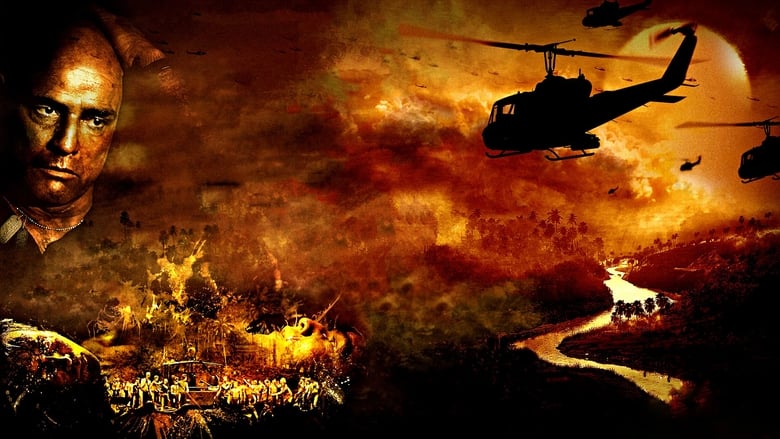
3. Jaws (1975)
You're gonna need a bigger boat! Steven Spielberg's Jaws is the definitive summer blockbuster and a masterclass in suspense. This film single-handedly made people afraid to go in the water! The mechanical shark, nicknamed 'Bruce' by the crew, famously malfunctioned constantly, forcing Spielberg to be creative and often only hint at the shark's presence, which arguably made the movie even scarier. John Williams' iconic, tension-building score is instantly recognizable and perfectly amplifies the terror. The dynamic between the three leads – Roy Scheider, Richard Dreyfuss, and Robert Shaw – is fantastic, providing both tension and much-needed humor. It's a perfect example of how less can be more when building dread.

2. Star Wars (1977)
A long time ago, in a galaxy far, far away... George Lucas changed cinema forever with Star Wars! This film wasn't just a movie; it was a cultural phenomenon that reignited the science fiction genre and introduced us to Luke Skywalker, Princess Leia, Han Solo, and the menacing Darth Vader. The groundbreaking visual effects, created by the then-nascent Industrial Light & Magic (ILM), were unlike anything audiences had seen before, paving the way for modern blockbusters. Originally titled 'The Star Wars,' the film faced numerous production challenges and studio skepticism, but its imaginative blend of classic adventure serials, samurai films, and mythology struck a chord that still resonates today. It's pure, exhilarating space fantasy!

1. The Godfather (1972)
Prepare to be captivated by Francis Ford Coppola's masterpiece! The Godfather isn't just a crime film; it's a deep dive into family, power, and the American Dream's darker side. Marlon Brando delivers an absolutely iconic performance as Don Vito Corleone, a role he initially wasn't the studio's first choice for. Al Pacino's transformation from the outsider Michael Corleone to the cold, calculating head of the family is nothing short of brilliant. The film's cinematography by Gordon Willis, known as the 'Prince of Darkness,' creates a moody, atmospheric look that perfectly complements the story. Did you know the famous cat Brando holds in the opening scene was a stray found on the studio lot? It wasn't in the script! This movie set a new standard for cinematic storytelling and remains incredibly influential today.
